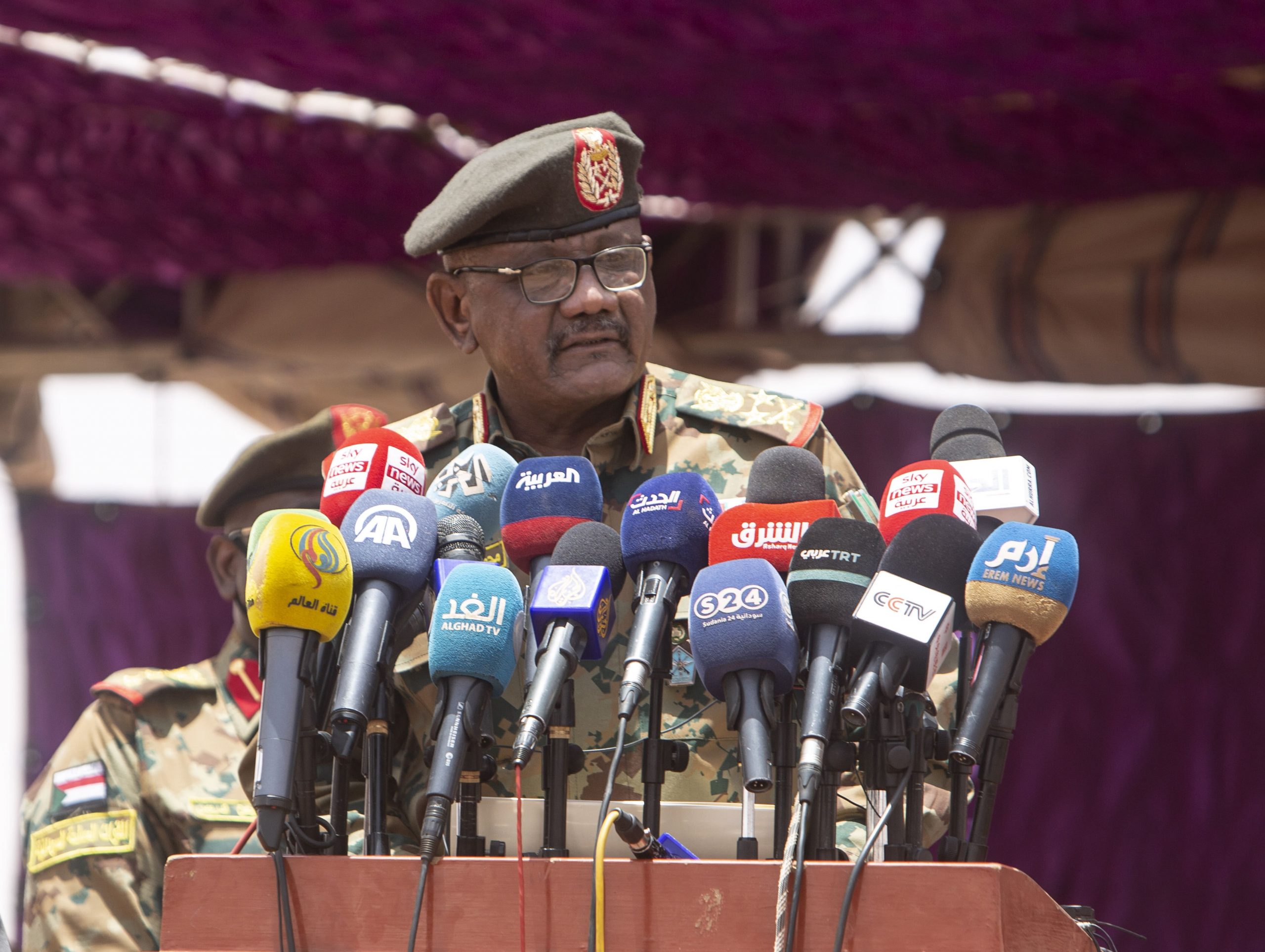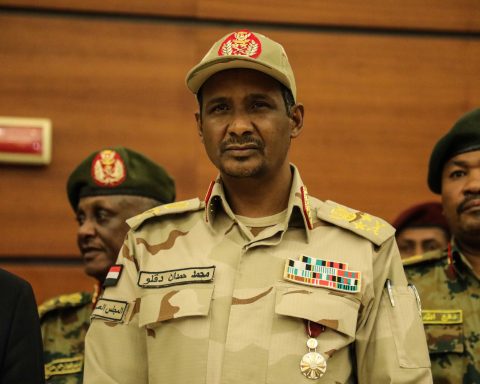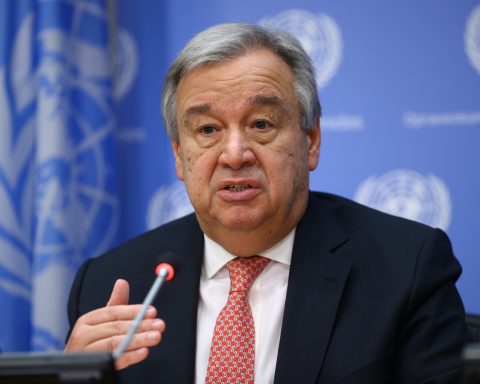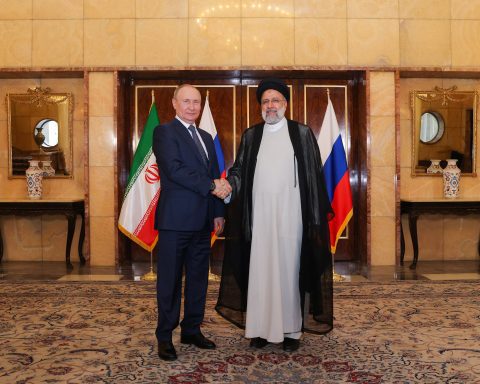Russia signed a military base agreement in the Red Sea during the administration of Omar al-Bashir, who was removed from power by the army in April 2019. However, this agreement has still not been ratified by Sudan’s legislature. In this context, negotiations between the Russian and Sudanese authorities on the content of the agreement continue.
The Chief of General Staff of the Sudanese Army, Lieutenant General Mohammed Osman Al-Hussein, made statements on this issue in an interview with the Sudan-based “Blue Nile” TV channel on June 1st. In this regard, Al-Hussein emphasized in his statement that Khartoum is currently reviewing the agreement regarding the planned Russian base on the Red Sea coast, and that this agreement contains provisions that harm Sudan.
Al-Hussein said, “We have the freedom to amend or revise the military cooperation agreement with Russia, in which we consider our interests and achievements in the Red Sea.” In addition, international agreements must be approved by the legislatures of the countries. In this sense, Al-Hussein stated that the previous government term regarding the military base agreement between Sudan and Russia in the Red Sea was not authorized by the Legislative Council and this agreement should be approved by the Legislative Council, which is planned to be established in Sudan in the near future.
In the past months, it was reported that a Russian military ship docked in an area close to the Flamingo military base in Port Sudan to establish the said military installation, which was agreed upon in the meeting of then-President Omar al-Bashir and his counterpart Vladimir Putin in 2017. In November 2020, Putin approved the agreement to establish a naval base to house 300 Russian soldiers and four ships. Furthermore, at the beginning of April 2021, it was reported that Russian military ships started to install the necessary equipment and radar systems in order to build the agreed naval facility. It has been announced that this agreement will last 25 years, that four Russian nuclear ships will be able to dock at the base, and that Sudan will supply military equipment from Russia in return.
However, in a news article by the London-based Al-Sharq Al-Awsat newspaper, based on sources from the Sudanese Sovereignty Council, it was emphasized that “the relevant agreements must be approved and put into effect by the Legislative Council in order to establish foreign military bases in Sudan, and the Russian authorities were informed about the suspension of the agreement and the suspension of the deployment”. Russia’s embassy in Khartoum also issued a statement denying these allegations. In addition, it was emphasized in the statement that this agreement will only come into force after it has been ratified by both actors, and since this has not happened yet, all allegations aim to harm the relations between Sudan and Russia.
On the other hand, after the news that Russia will open a military base in Sudan was served to the press, this development was met with concern by global and regional actors. So much so that the opening of a Russian military base in the Eastern Mediterranean and now in the Red Sea, for the first time after the Soviet period, has been interpreted as Russia’s opening to the Indian Ocean. Based on these concerns, firstly in January 2020, Saudi Arabia pioneered the signing of the founding agreement of the “Council of Arab and African States on the Red Sea and Gulf of Aden” with Egypt, Sudan, Djibouti, Somalia, Eritrea, Yemen and Jordan in Riyadh. In addition, in the last months of 2020, with the US removing Sudan from the list of countries supporting terrorism, US military ships docked in Port Sudan during the normalization process in relations.
Sudan had established close political, economic and social relations with Russia and China until it was removed from the states sponsors of terrorism list by the US, and normalized its relations with Israel. However, after the removal of the Omar al-Bashir administration from power by the military, relations with the West are getting closer with the transition administration established in partnership with civilians and soldiers. As a matter of fact, the Paris Conference, hosted by France on May 17-18 with the theme of “supporting for Sudan’s democratic transformation and investment environment”, is an indication of this shift.














